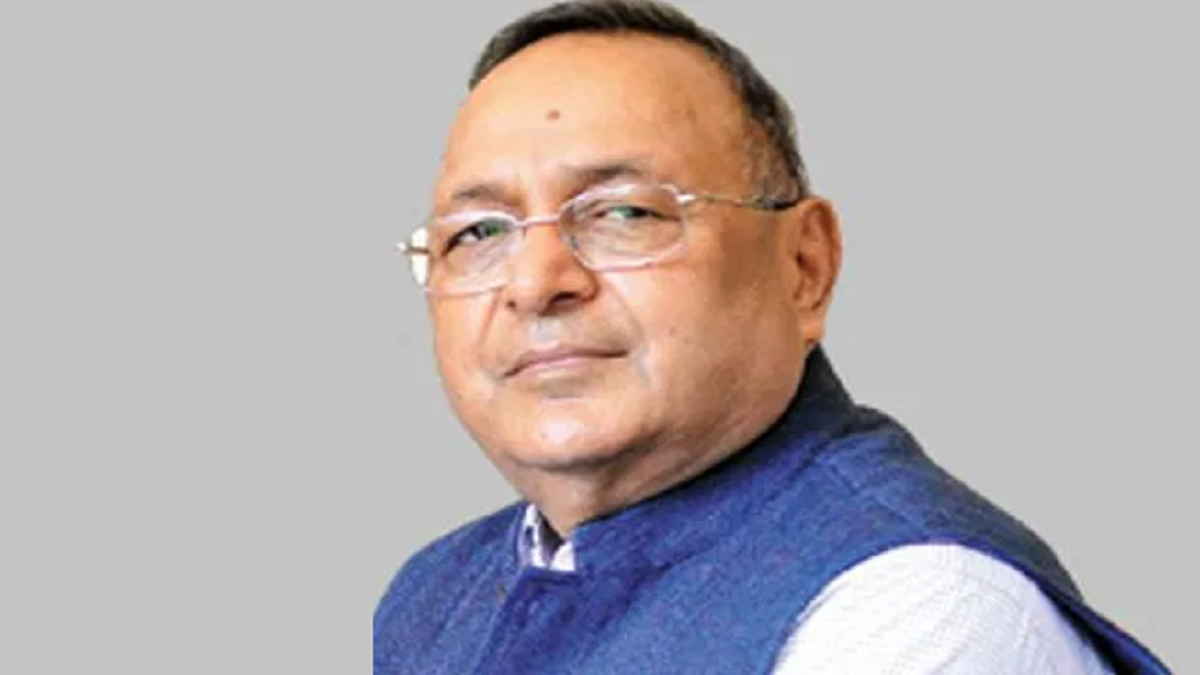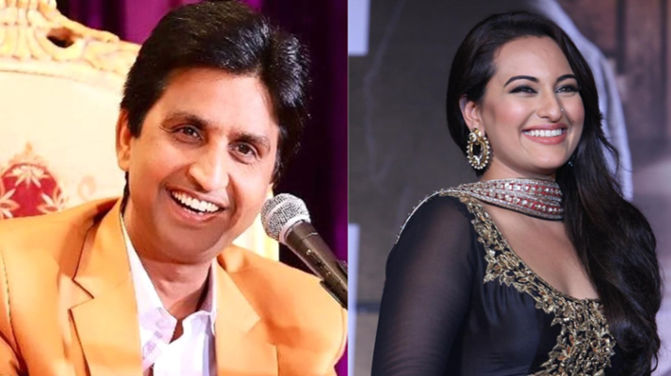In an exclusive interview with The Daily Guardian, Brijendra Kumar Syngal, known as the “Father of Internet and Data Services in India”, said that if the government thinks that Huawei and ZTE are a risk to our nation’s security, then they should be banned. He also believed that India should start focusing on homegrown technologies and “give more opportunities to Indian companies”. Excerpts:
Q: Tell us about your new book “Telecom Man”.
A: This is a non-fiction book that I have co-authored with former journalist Sandipan Deb. The theme of the book revolves around the evolution of the telecom sector in India. It narrates India’s journey from microwave repeaters to the Internet. The events in the book are spanned over my work in the Telecom Ministry, interactions with ministers, the 2G Scam, corruption, fighting bureaucrats and much more.
Q: You have played a major role in unravelling the 2G Scam. Please throw some light on it.
A: The 2G licenses were issued to private telecom players at very low prices in 2008. The then Telecom Minister had flouted all rules and regulations while issuing licenses. The licences were issued on a first-comefirst-served basis, no proper auction process was followed and no bids were invited. A. Raja ignored the advice of the Telecom Regulatory Authority of India (TRAI), the Law Ministry and the Finance Ministry. I repeatedly pointed out that the 2G spectrum cannot be allocated to anyone. However, I insisted it should be auctioned properly. Unitech, Swan Telecom got 2G licenses without any prior telecom experience and more so, the company did not even meet the eligibility criteria for the license. I moved to the Parliament’s Public Accounts Committee (PAC) and told them that a simple inflation indexation would show that the cost of the 2G spectrum should be Rs 7,000 crore and not Rs 1,658 crore. In a letter to PAC, I informed them that If they took the interest cost, it would have been about Rs 10,000 crore. Luckily, I have been successful in my journey to unravel the truth and with my hard work, the spectrum has been auctioned now.
Q: Recently, you have been appointed as the chairman of TEMA 6G Council. What are your strategies for bringing 6G in the country?
A: As of now, the country is focusing on broadband and I think this is the time that India can take a centre stage in the development of future technology like 6G. This would make India selfsufficient and self-reliant in technology as well as manufacturing. To enable this, TEMA has initiated TEMA 6G Council where we will be focusing on the bandwidth. We have been moving with the Idea of Gs, be it 2G, 3G, or 4G. What matters is the bandwidth delivery, device applications, etc. We, at TEMA, will work to enhance the bandwidth in the country as well as our main focus would be on leveraging the 6G technology.
Q: Beyond the mobile Internet and the Internet of Things, what else do you see on the horizon?
A: There are a couple of things. According to me, artificial intelligence (AI), robotics, machine learning, cloud computing and swarm technologies are the next phase of the development of IoT applications. According to a report, Big Data analytics developers are spending the majority of their time creating the Internet of Things (IoT).
Robotics, arts, entertainment & recreation and automotive are the three most popular industries where data mining app developers are focusing on today.
Q: According to you, what opportunities will 5G bring into the Indian market?
A: Fifth-generation technology will bring socio-economic transformations in the country. The 5G markets in India are expected to show triple-digit growth. In the next five years, India is expected to generate approximately $20 million revenue for telecom companies besides enhancing bandwidth, lower latency, and openness of mobile networks. India is expected to boost the AR and VR market as the network can provide a million connections within a square kilometer. Further, the network will provide affordable highspeed connections to the vast population across rural and urban areas thus bridging the digital divide.
Q: Will it be possible to start over and create a new Internet to solve the problems the current Internet faces like privacy and security?
A: No, as of now we cannot replace the internet with any other thing. For issues like privacy and security, the government should effectively implement the national cybersecurity policy. I think India needs to create an environment where cybersecurity is adopted as a way of life. Building a new internet is like building a new planet, which is next to impossible.
Q: India has debarred China’s Huawei, ZTE from 5G trials. What is your take on this?
A: We need to be very well aware of the needs of national security and law enforcement. If the government thinks that Huawei and ZTE are a risk to our nation’s security, then they should be banned. Moreover, India as a country should start focusing on homegrown technologies and to make ‘Aatmanirbhar Bharat’, we have to give more opportunities to Indian companies.
Q: What kind of new solutions can be built around 5G technologies?
A: The Covid-19 pandemic has pushed the world towards an era of being able to work from anywhere, anytime. It has given us a reason why people-to-people, people-to-application and machine-to-machine interactions are important. Today, we have telemedicine where doctors can treat their patients sitting in the other city. These are the kind of solutions 5G can give us that can make us feel like we are there with other people. But the technology is sensitive to network latencies and hungry for bandwidth.







